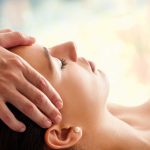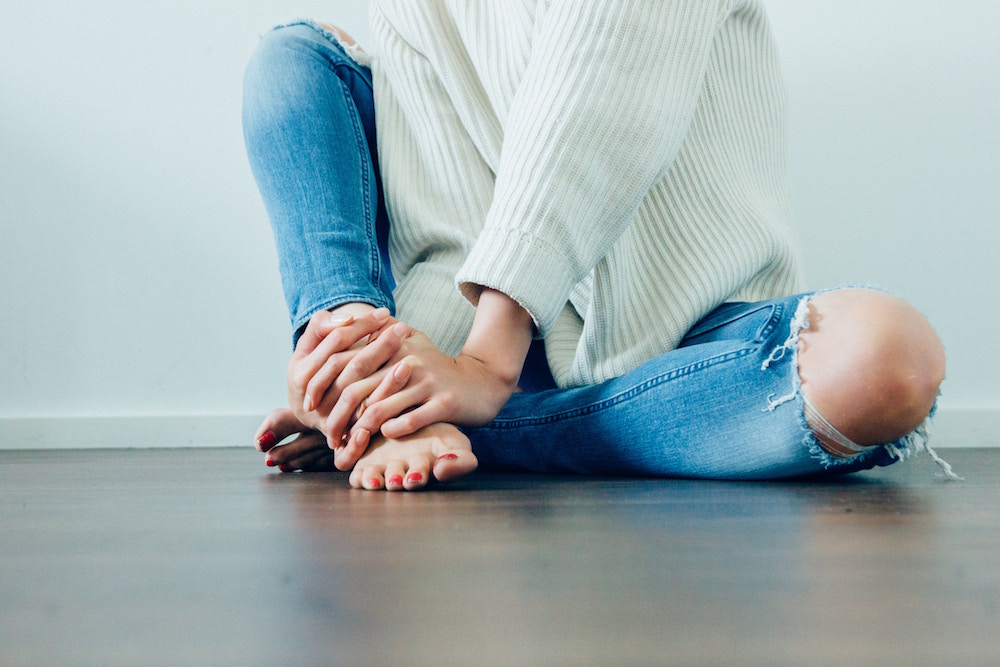
How to Get More Sleep
How to get more sleep
I know, I know, some of my behaviors are unhealthy. What should I know?
It was only a couple of months ago that we declared New Year’s resolutions. Or maybe we didn’t and could have ;). Here’s your golden opportunity:
• How about quitting smoking? It’s the most important thing anyone could do to improve his/her health. Additive-free tobacco decreases cravings.
• Drinking too much alcohol? One is better than 2 per day, lowering cardiovascular event risk. More than 3 per day increases risk of neurodegenerative and liver problems.
• Distracted driving is like drunk driving. Use drive time to reflect, breathe deeply, and lower your stress. Listen to music or comedy. Texting can wait.
• Sleep deprived? Not getting enough sleep increases risk of anxiety, depression, cognitive dysfunction, obesity, and accidents.
• Sugar, starch, fried, blackened, and barbecued foods and animal fats are delicious but, unfortunately, they are pro-inflammatory and hasten the development of cardiovascular, musculoskeletal, and neurological degenerative diseases and some cancers.
• Lack of exercise? This increases risk of hypertension, cardiovascular disease, fatigue, osteoporosis, poor posture, and being overweight.
• Socially isolated? Our high tech/low touch society can lead to cardiovascular disease, hypertension, insomnia, anxiety, depression, low self-esteem, and disability. Lonliness contributes to mortality as much as obesity or smoking!
It’s never too late for a New Year’s resolution!
I know I need to exercise more. How should I get started?
Adequate exercise improves flexibility, strength, coordination, balance, and endurance. It decreases risk of chronic disease, fractures, and stress. It improves sleep, happiness, memory, mood, longevity, and sexual performance/pleasure/activity. Technological innovation replaced human action so we don’t need to do much to enjoy life. We used to lift, push, pull, and run more … and now, paradoxically, we go to the gym to get our power back from machines. That’s IRONic! Here’s how to get started:
• If you haven’t exercised in a while, have your blood pressure and heart rate and rhythm checked – determine your exercise response, and play it safe – avoid a cardiovascular event.
• Build up to your goal slowly, creating a new habit. At first, be active at least 5 minutes daily.
• 150 minutes of moderate aerobic exercise per week or 75 minutes of vigorous aerobic exercise per week is the ultimate goal. Exercise intensively for at least 10 minutes per session. Strengthening of all muscle groups at least twice weekly is advised.
• Consider joining a gym or at least joining your fit and motivated friends with what they do.
• Incorporate exercises in-stride into your daily routine: take a brisk walk during your lunch hour; park and walk to and from work; take the stairs as frequently as possible; stretch and do calisthenics while listening to music before you shower in the morning; or make phone calls while on an exercise bike. Be creative and make it fun!
• Do something active every day, progressively increasing duration and intensity.
Overcoming inertia is the main hurdle. Just take the first step … and you’re on the move!
I’m tired! How can I get my mojo back?
20% of Americans feel fatigued. They describe feeling apathic, malaise, sluggish, and unmotivated. There are multiple potential causes: lack of exercise, poor diet, lack of sleep, hormonal imbalance, medication side effects, cardiovascular disease, anemia, obstructive sleep apnea, and perhaps tickborne illness.
Ask your doctor to consider testing for the following:
• Hemoglobin
• Fasting blood sugar
• Thyroid function tests
• DHEA-sulfate for women
• Total testosterone for men
• Polysomnogram (sleep study)
• Tickborne illness serology
Potentially effective treatments include:
• Decrease your intake of sugar, starch, alcohol, and gluten
• Increase your intake of vegetable fats like avocadoes, olive oil, almonds, cashews, or walnuts
• Eat more organic foods
• Occasionally skip breakfast – or have a protein and fruit smoothie
• Perform higher intensity interval agility, strengthening, and endurance exercises
• Ask your doctor about decreasing the doses, retiming to bedtime, or eliminating some medications: statins, antidepressants, antihypertensives, diabetic medication (metformin)
• Ask your doctor about closely-monitored bio-identical hormone replacement
• Consider supplements: Coenzyme Q-10, DHA fish oil (docosahexaenoic acid), high-dose Vitamin D3, and probiotics, among others
A little investigation and effort can go a long way toward getting your energy and mojo back!
Dr. Schwartz practices physical, pain, and integrative medicine in Wyndmoor. He is board certified in these specialty fields. He trained at Columbia University, the University of Pennsylvania, and Thomas Jefferson University. For more, see www.MyHealth360.org












